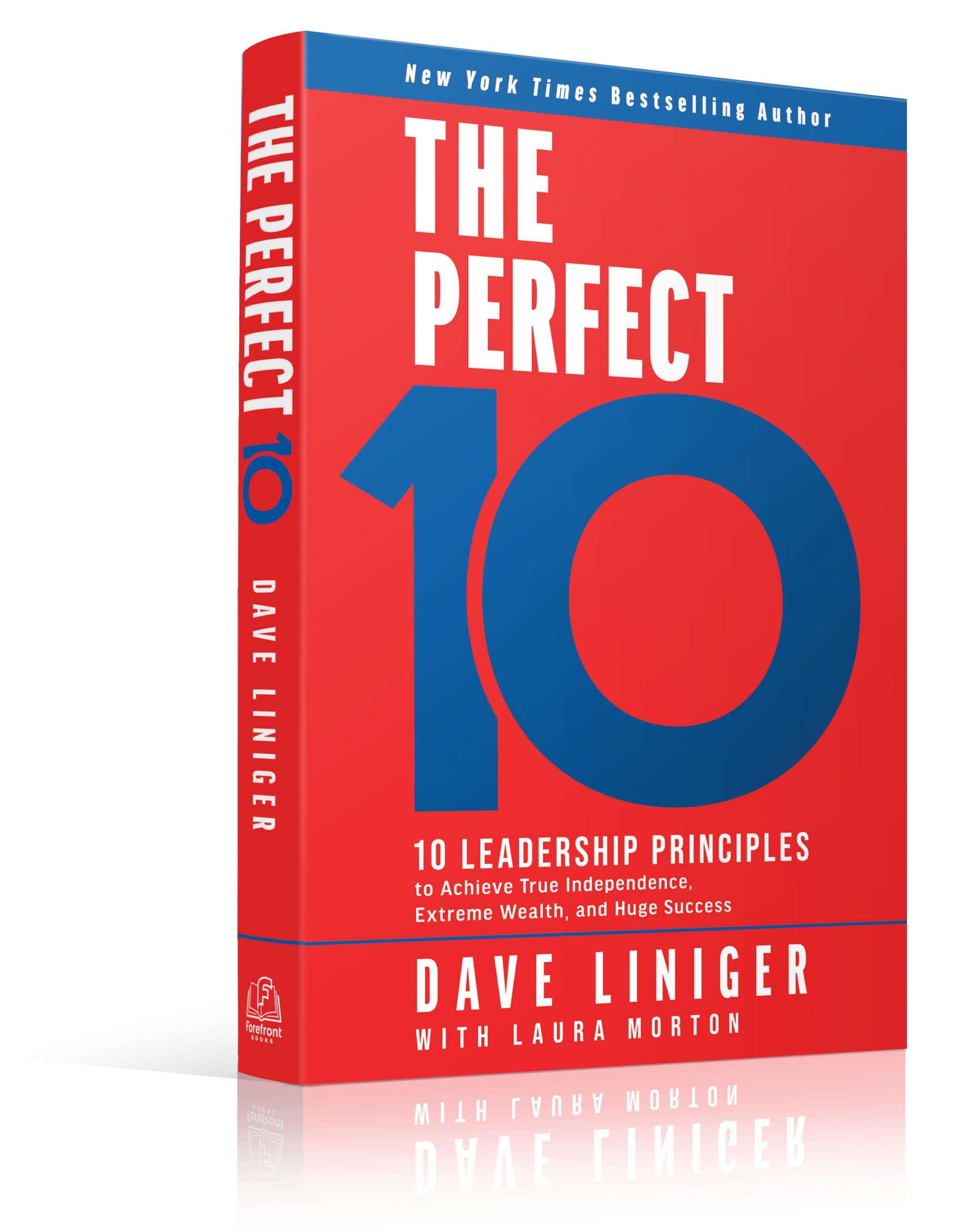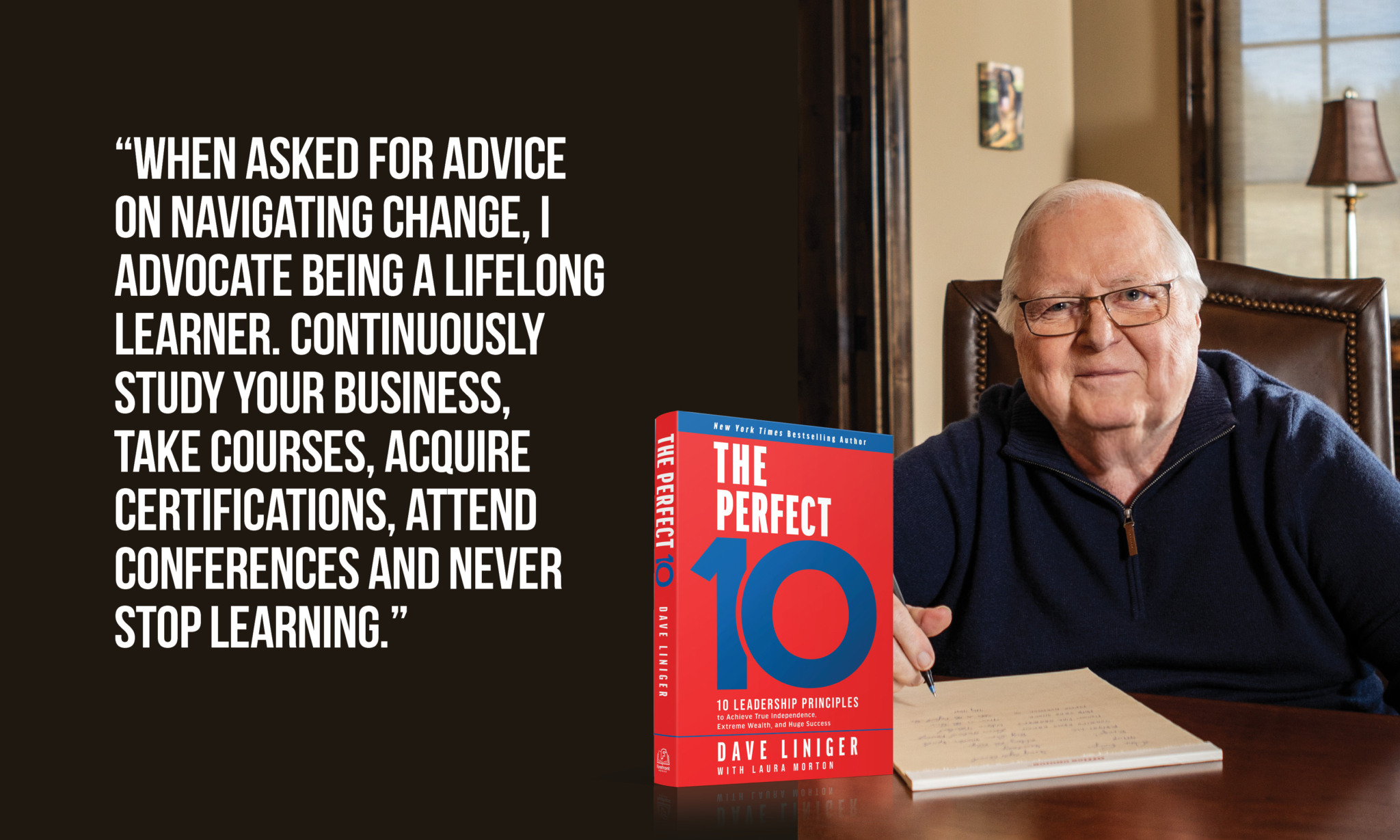Charles Darwin has often been quoted as saying it’s the strongest who survive. But that’s not true; not only did Darwin not coin the phrase “survival of the fittest,” he argued against it. What he said was that those who survive are the ones who most accurately perceive their environment and successfully adapt to it. This distinction is vital; dinosaurs — some of the largest, fiercest animals in history, are extinct, while tiny mosquitoes continue to thrive. Why? Not because of their strength but because of their adaptability.
Reflecting on RE/MAX’s 50-year journey, our success can be attributed to a number of things, including the professionalism of our team. The strength of our agents, with twice the experience and two to three times the production of competitors, has been pivotal. But the COVID-19 pandemic prompted a realization that the key to success in the real estate industry is adaptability.
In the realm of business, lasting success hinges on adaptability. Since co-founding RE/MAX with my wife, Gail, in 1973, we’ve weathered nine presidential administrations, eight recessions, the savings and loan crisis, the global pandemic and numerous other challenges. Through every storm, we took the necessary time to reassess the playing field and then pivoted as quickly as possible toward the new goal post. For instance, during the 2007 financial crisis, we embraced a foreclosure and short-sale training program, enabling us to secure properties and navigate challenging times.
Embracing change
In my upcoming book, “The Perfect 10,” I dedicated an entire chapter on the importance of embracing change in business. After all, when was the last time you visited a Blockbuster store to rent a video? Depending on your age, some readers may not even remember the Blockbuster store experience.

Netflix, on the other hand, is an example of how far adapting can take a business model. From my book, here are 3 more reasons why embracing change is crucial.
No. 1: Customer satisfaction
Embracing change can — and often does — lead to better customer experiences. Understanding and responding to evolving customer needs and preferences ensures that your business remains relevant and valuable to its target audience.
No. 2: Talent attraction and retention
Change signals to potential employees that your company is forward-thinking and open to innovation. This can help attract top talent and retain existing employees who value growth and development.
No. 3: Long-term sustainability
Businesses that resist change risk stagnation and eventual decline. Embracing change is essential for ensuring the long-term sustainability and viability of a company.
Embracing change isn’t just about adapting to the current environment; it’s also about preparing for the future. It’s about being proactive, open-minded and willing to evolve to meet the challenges and opportunities that come your way.
Real estate’s ongoing evolution
The real estate landscape has evolved significantly over the years. What was once a simple industry with one-page listing forms has transformed into a complex field with home inspections, dual agents and technological advancements. Despite early predictions, the real estate market has proven resilient against the threat of technological disruption, emphasizing the irreplaceable role of a trusted Realtor in guiding clients through the complexities of property transactions. As the industry continues to change, our adaptability remains a cornerstone of our success.
And Blockbuster isn’t the only example of a business that couldn’t keep up with the times. Over my years in business, I’ve witnessed the demise of many enterprises that failed to adapt. While these businesses had good leaders and intentions, some were unprepared or hesitant to make necessary tough decisions promptly.
A timeless adage asserts, “You can’t do today’s business with yesterday’s methods and expect to be in business tomorrow.” Every business undergoes transitions spurred by technology, systems and, of course, AI, and the pace is accelerating. Amid this tsunami of change, the key is not to fear it.
My advice
When asked for advice on navigating change, I advocate being a lifelong learner. Continuously study your business, take courses, acquire certifications, attend conferences and never stop learning. When we started our RE/MAX conventions in 1976, we had fewer than 30 attendees. We evolved by studying other successful industry conventions — such as Mary Kay and Amway. Learning from diverse sources helped our conventions grow, and today we welcome more than 20,000 attendees, a testament to our commitment to adaptation.
Curiosity is essential. Regularly ask, “How can I make my business better?” Benchmark against competitors, identify areas for improvement and embrace Kaizen — continuous improvement through incremental steps. Everyone in the company contributes to making change; don’t let the ivory tower run the show. Get into the field, listen to employees and witness their operations firsthand.
Consider McDonald’s as a prime example of effective adaptation. Over more than 50 years, the iconic hamburger brand has listened to the needs of its employees and customers and has adapted very well. They introduced a fish sandwich based on a franchise owner’s suggestion to accommodate the largely Catholic population in Cincinnati. Other innovations like the Big Mac and breakfast items resulted from franchise owners’ creative thinking, demonstrating the importance of listening to the needs of employees and customers.
Eli Broad’s concept of embracing unreasonable thinking reinforces that success often arises from innovative, non-conventional ideas. While change may be daunting, remaining stagnant is riskier. Stay curious, listen to your people and never stop learning. When change arrives, you’ll be prepared, ensuring your company thrives in our ever-evolving society.
The New York Times best-selling author Dave Liniger is the co-founder of RE/MAX, the Denver-based global real estate franchise, and the author of “The Perfect 10.”
